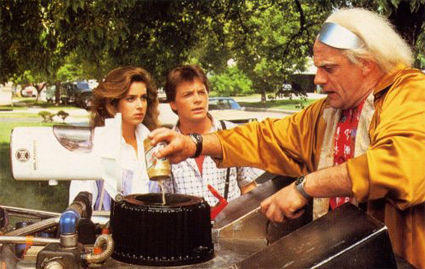- Joined
- Sep 19, 2011
- Messages
- 731
- Reaction score
- 195
Greetings to all from Hurricane Sandy,
NYU hospital's back-up generators have failed. That means no power for anything... monitors, ventilators, etc...
The pediatric and neuro ICU's had to be evacuated.
What the hell do you in these situations? How does the medical community handle such emergencies? I PRESUME that they are not trained for such things because they always rely so heavily on their back-up generators. Navigating a hospital of this size (enormous skyscraper) with out any power must be pure chaos right now..
(Weill Cornell, Hospital for Special Surgery, MSKCC, Rockefllar Hospital, are all also half a block away from the East River. I hope all goes well for them).
NYU hospital's back-up generators have failed. That means no power for anything... monitors, ventilators, etc...
The pediatric and neuro ICU's had to be evacuated.
What the hell do you in these situations? How does the medical community handle such emergencies? I PRESUME that they are not trained for such things because they always rely so heavily on their back-up generators. Navigating a hospital of this size (enormous skyscraper) with out any power must be pure chaos right now..
(Weill Cornell, Hospital for Special Surgery, MSKCC, Rockefllar Hospital, are all also half a block away from the East River. I hope all goes well for them).



